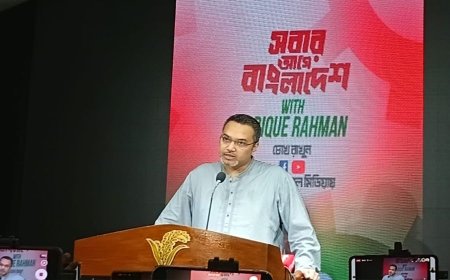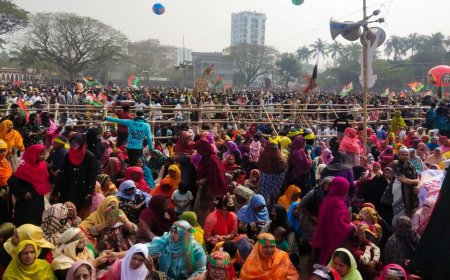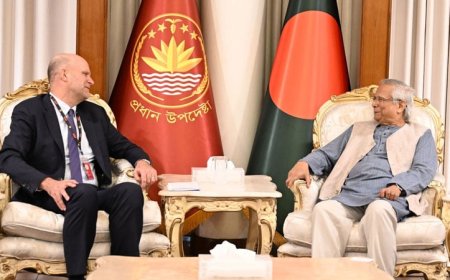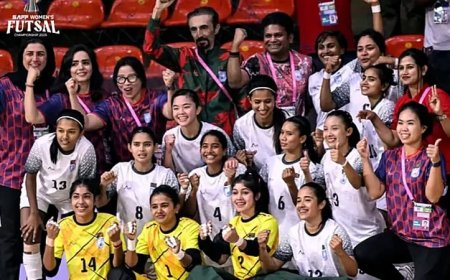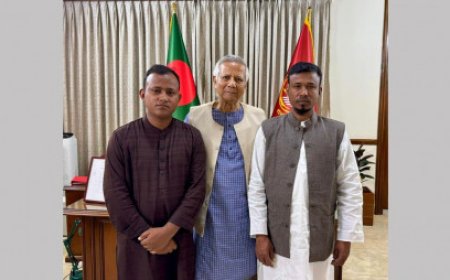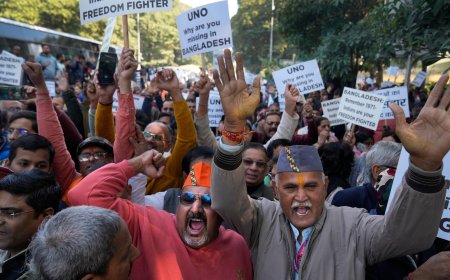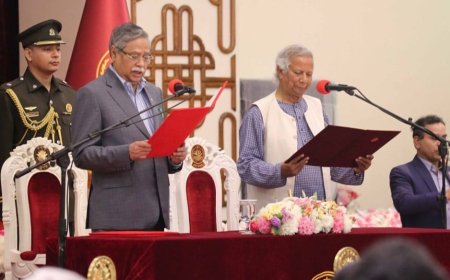It is unacceptable for lawyers to harass journalists in courtrooms
The harassment of journalists by a group of lawyers inside a Dhaka courtroom is a serious attack on press freedom. Such actions not only infringe on journalists' rights but also undermine transparency and accountability in the judicial system. This attempt to intimidate the media highlights alarming concerns about the increasing hostility toward independent journalism in Bangladesh.
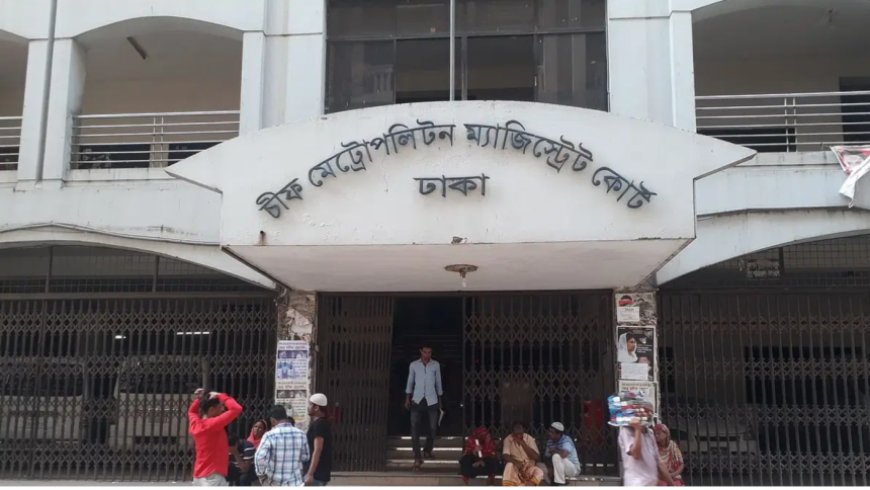
According to media reports, lawyers representing Salman F Rahman, the former private industry affairs adviser to ousted Prime Minister Sheikh Hasina, caused a commotion and verbally harassed journalists inside the Chief Metropolitan Magistrate's (CMM) Court in Dhaka yesterday. The incident occurred during a hearing on criminal cases related to the July uprising. Reports indicate that shortly after Dhaka Metropolitan Magistrate MA Azharul Islam entered the courtroom, several lawyers confronted a journalist, accusing him of taking photos, which he denied. Despite his repeated denials, another lawyer renewed the accusation, leading to shouting and chaos in the courtroom.
Journalists play a vital role in keeping the public informed about significant legal proceedings. Courtrooms are not secret chambers but institutions where justice is administered under public scrutiny. By challenging journalists' presence, aggressively confronting them, and falsely accusing them of taking photos or videos, these lawyers deliberately sought to create an atmosphere of fear and obstruction. Around the world, journalists are permitted to cover court proceedings to uphold transparency and accountability. In the United States, trials are generally open to the media, with many state-level cases even televised. The United Kingdom, Canada, Australia, New Zealand, Germany, France, and the Netherlands allow journalists to report on court proceedings, though with restrictions on recording and live broadcasting. India permits court reporting but prohibits live coverage, while South Africa allows media access, including live broadcasts for high-profile cases. In Japan, journalists can attend court sessions, though strict rules regulate photography and recordings.
The behavior of these lawyers—who should uphold legal and ethical principles—is deeply concerning. If legal professionals resort to intimidation to silence journalists, it raises a critical question: what are they trying to hide? Lawyers are meant to serve justice, not suppress press freedom.
Encouragingly, senior state lawyers have affirmed journalists' right to be present in courtrooms and report on proceedings. However, words alone are insufficient. Authorities must take immediate action to ensure that journalists can work without fear of harassment or intimidation. Those responsible for disrupting the courtroom must be held accountable, and measures should be implemented to prevent similar incidents in the future.
At a time when independent journalism in Bangladesh is more crucial than ever, protecting the right to report freely is essential—especially when powerful figures seek to evade scrutiny. The judiciary, government, and civil society must stand firm against any attempts to suppress the press. Without a free and fearless media, democracy itself is at risk.
What's Your Reaction?







